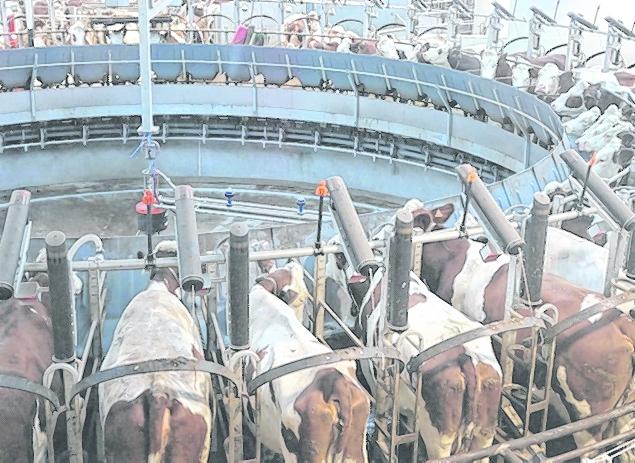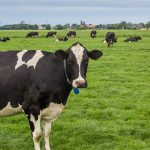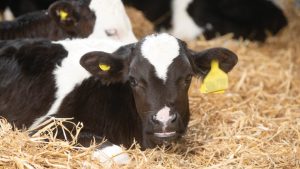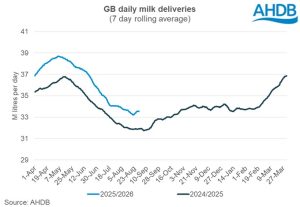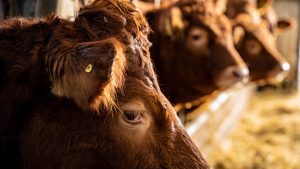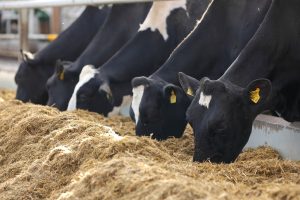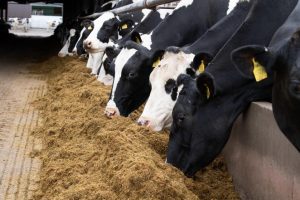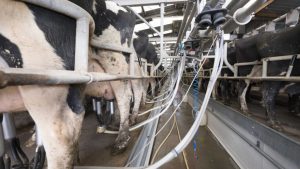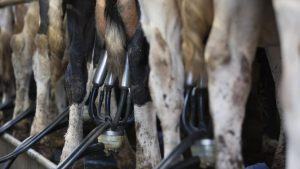
With reduced demand and no certainty about where milk prices will end this year, James Hague, head of agricultural development at Mole Valley Farmers, says farmers have to be honest with themselves about milk prices because cashflow is king.
He also gave some advice on how to mitigate external factors and drive farm efficiencies.
1. Carry out a milk price forecast
Calculate how any milk price cuts will affect your business. Based on production and prices, estimate farm income and establish how it may change on the year.
2. Make the most of your milk contract
Not hitting optimal component levels for fat and protein or cell counts can add up to missing out on value. Assess how the composition of the diet to improve constituents can be improved and how dry matter intakes can be increased. Look to boost cow health.
For every 100,000 cells, up to 1.8% of milk can be lost, because of the damage it does to milk secretion cells in the udder. This is milk you never see.
3. Make feed work harder and grow more grass
If feed rate per litre of milk is too high, your feed is not working hard enough. Aim for 1.5 litres of milk per kg of concentrate fed.
The average farm is losing out on 2t/dry matter/ha, which is not being utilised. This can be through grass not grown, losses at ensiling or sub-optimal digestion.
4. Challenge the herd
Analyse the herd based on lactation and assess milk production. Are heifers performing well? If not, evaluate youngstock rearing practices and aim to improve cow longevity.
If there is a wide range of production, consider splitting cows into groups so they can be fed more specifically to avoid waste.
Cull poor performers and ensure heifers are calving at two.
5. Challenge yourself to reduce costs
Electricity prices have more than doubled, for some. While little can be done to control this, it might be time to start investing in renewables.
